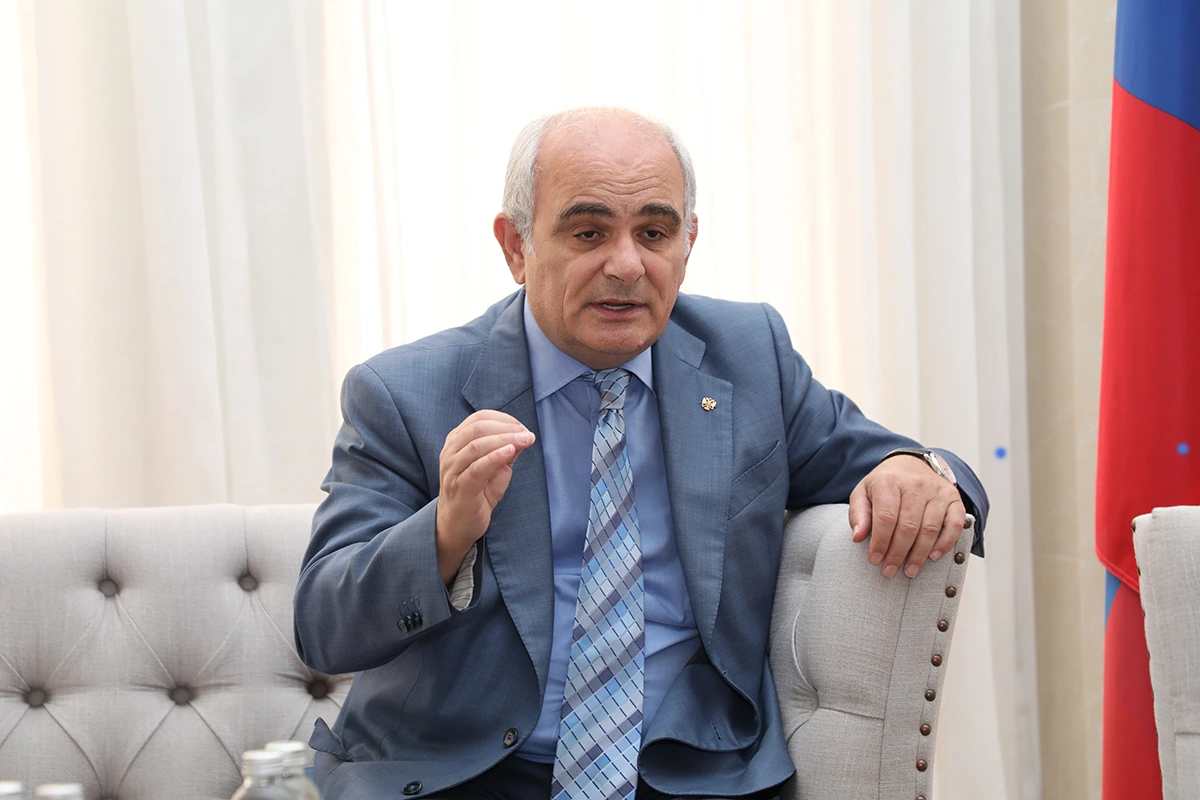Jagath Ramanayake, President of the Sri Lanka Business Council of Japan (SLBCJ), recently raised concerns about the ability of Japanese banks to process letters of credit (LCs), which are essential for vehicle imports. Speaking at a media briefing, Ramanayake noted that international law ensures an LC, once opened, cannot be cancelled, facilitating the smooth shipment of goods. However, due to Sri Lanka’s economic crisis, the government suspended the use of LCs with all Japanese banks, creating uncertainty about whether new LCs will be issued after February 1.
Optimism Amid Economic Challenges
Despite these concerns, Ramanayake remains optimistic. He shared that the Council is in active discussions with Japanese authorities, highlighting Sri Lanka’s economic progress under the International Monetary Fund (IMF). He expressed hope for a favorable response from Japanese banks in the coming month.



Economic Significance of Vehicle Imports
Indika Sampath Merenchige, Chairman of the Vehicle Importers Association of Lanka (VIAL), tempered expectations of a swift increase in vehicle imports, citing ongoing market challenges. Nonetheless, he emphasized the revenue potential for the government, suggesting that contributions from expatriates could help reduce the budget allocation for vehicle imports, which currently stands at Rs. 1-1.2 billion.
Potential for Economic Growth and Job Creation
Merenchige highlighted vehicle imports as a key driver for boosting tax revenue and stimulating economic growth. Prasad Manage, President of the Vehicle Importers Association of Sri Lanka (VIASL), echoed this view, estimating that reopening the vehicle market could create 2-3 million direct and indirect jobs. However, he cautioned against hasty decisions, stressing the need for precision in managing the reopening process to avoid another market closure.
Ongoing Challenges in the Auto Industry
Sri Lanka banned vehicle imports in March 2020 to curb foreign exchange outflows during the economic crisis, significantly hampering the auto industry. Manage advised caution in making vehicle down payments due to current uncertainties in pricing and import processes.
Phased Reopening to Support Economic Recovery
The government began a phased reopening of vehicle imports on December 14, 2024, allowing passenger buses and specialized service vehicles. From February 2025, goods transport and private vehicles will also be permitted for import. These measures align with Sri Lanka’s Extended Fund Facility (EFF) agreement with the IMF, aimed at supporting economic recovery and reform.
IMF Backing and Revenue Prospects
Peter Breuer, IMF Senior Mission Chief for Sri Lanka, praised the decision to resume vehicle imports, recognizing its potential to increase state revenue. He emphasized the importance of carefully managing the process to avoid undue pressure on foreign reserves.
Strengthening Foreign Reserves and Economic Stability
Sri Lanka’s gross official reserves improved significantly, rising to $6.5 billion by the end of November 2024, compared to $4.4 billion in December 2023. In a parliamentary address on December 17, 2024, President Dissanayake reassured the public that reopening vehicle imports would not trigger a foreign exchange crisis. He emphasized that indefinite restrictions on the vehicle industry are unsustainable and stressed the importance of careful monitoring to maintain economic stability.





